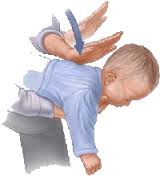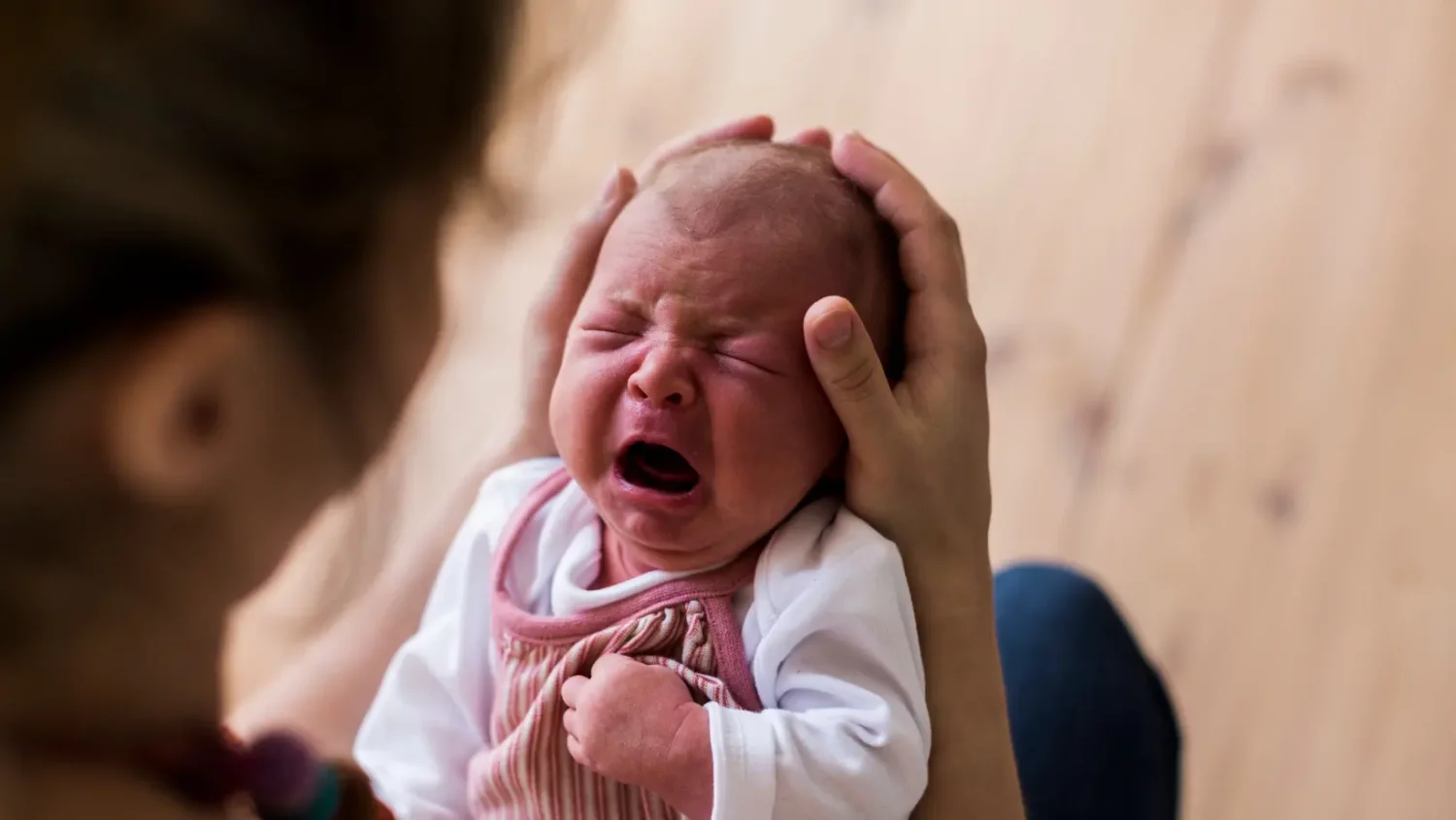This entry was prepared with Karl Brodeur from Formation Vitalis.
Hello Parents,
My years of experience have shown how much future and new parents are concerned about caring for their baby. They also want to react properly in case of an emergency. I can’t talk about all the circumstances that might occur which would require help. Nor can I train you to provide effective first-aid for your babies. But I can provide you with more information about certain emergencies involving babies under one year of age.
In this article:
- Choking, suffocation and strangulation
- What to do if the baby becomes unconscious?
- Advice from a pro: preventing baby cardiac arrest
I’m not an expert in first-aid but I asked Karl to come in. He’s a paramedic, a father and certified member of the Quebec Heart & Stroke Foundation. He teaches parents the basics of first-aid and knows what he’s doing. As a first responder, he has seen many sad but preventable events. With his training programs, he works on prevention to ensure that these situations are avoided.

Based on statistics from the Canadian Paediatric Society, choking and suffocation are responsible for 40% of unintentional deaths in babies under 1 year of age, and 95% of the time it happens in the home. Prevention would have been able to save lives!
Be careful if you think you can use a surveillance device for babies! New technologies, with highly sensitive sensors, try to catch respiratory arrest in babies during their first year. But according to Health Canada and the Canadian Paediatric Society, these systems have in no way proven their effectiveness in preventing sudden infant death syndrome or respiratory arrest. Given that babies normally have respiratory pauses at a very young age, parents that use these devices are often faced with unwarranted alarms. This often causes more stress and anxiety than calm and peace of mind. Many parents frequently call emergency services in clinics and hospitals about this.
It’s recommended that future and new parents get basic training with skilled certified people to know how to act in case of an emergency involving their baby and young children. A person or parent who takes care of children should be trained in cardiopulmonary resuscitation (CPR) and first-aid in case of choking. This applies to grandparents or a babysitter who provides care. This training needs to be renewed every three years for the public, and even more frequently for health professionals.
 You shouldn’t expect to learn life-saving techniques in the maternity ward after the birth of your baby. Few hospitals have the necessary time and staff to teach this during a short hospital stay. Given the fatigue that follows pregnancy, it’s also not the best time. You should prepare yourself in advance and have the peace of mind and energy required to remember as much of what you’re taught as possible.
You shouldn’t expect to learn life-saving techniques in the maternity ward after the birth of your baby. Few hospitals have the necessary time and staff to teach this during a short hospital stay. Given the fatigue that follows pregnancy, it’s also not the best time. You should prepare yourself in advance and have the peace of mind and energy required to remember as much of what you’re taught as possible.
Choking, respiratory arrest and cradle death (sudden infant death syndrome) seem to concern parents most. Learn more about sudden infant death syndrome in this other entry.
If you want to learn more about this topic, go to Choking, Suffocation and Strangulation.


